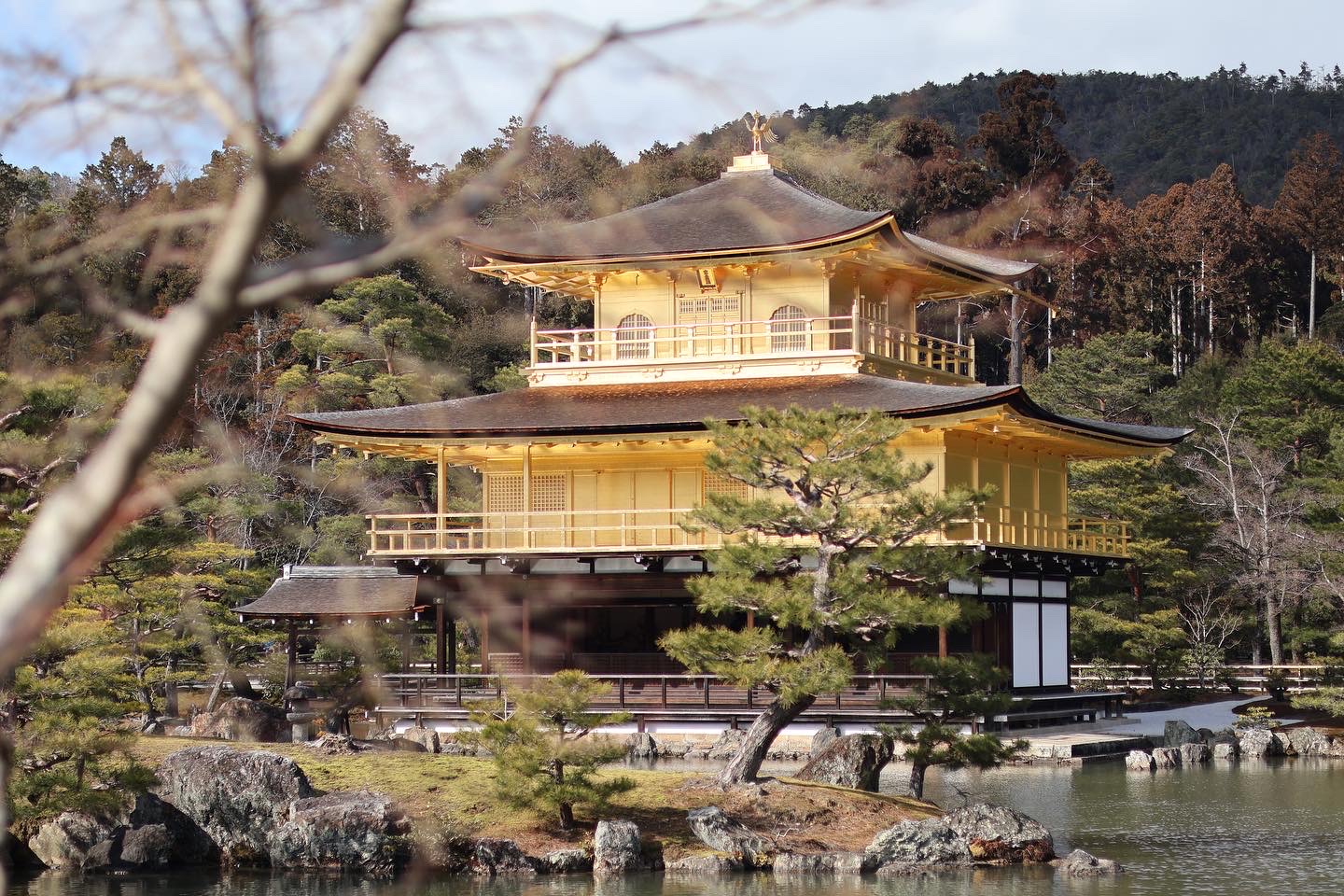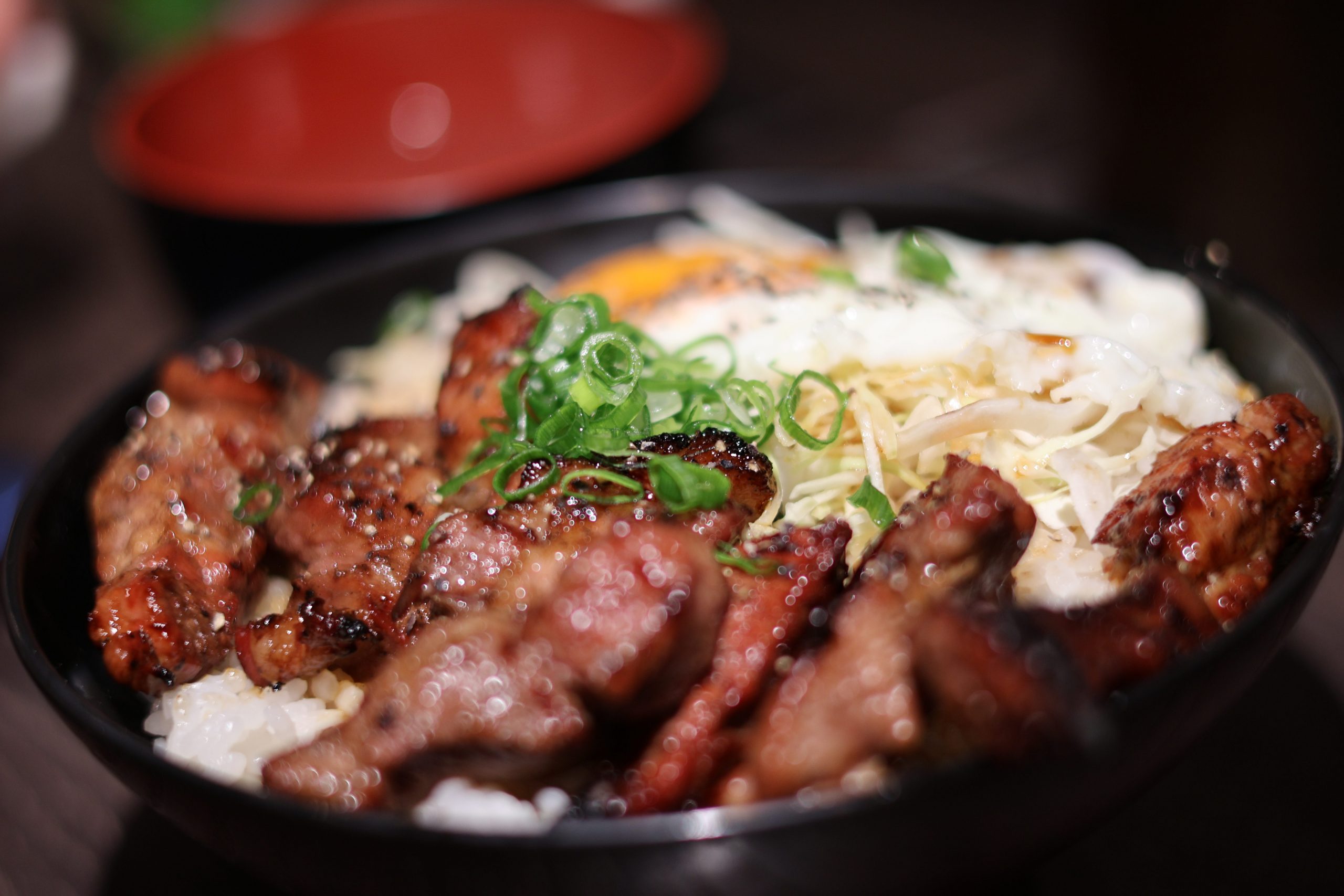Tokyo and Kyoto, Japan – Tour of Food Culture, Literature and Films
Overview
| Location | Tokyo & Kyoto, Japan |
| Teaching Dates (Canada) | May 12 – 23, 2025 |
| Arrival Date to Japan | May 25, 2025 |
| Teaching Dates (Japan) | May 26 – June 7, 2025 |
| 6 Credits | JPST 395B and JPST 395C. This program is open to both Okanagan and Vancouver students |
| Eligibility | Third year standing (students currently in 2nd year who will be considered “third year” as of May, are eligible) |
| Approximate Program Fee | $3,200-$3,600 |
Application
This program is now closed for applications.
Program Information
ABOUT THE PROGRAM
Students will take two courses concurrently during the Summer 1 term, JPST395B and JPST395C. These two courses provide students with a unique opportunity to immerse themselves in the cultural heritage of Japan while exploring two fascinating subjects: Food and Society in Contemporary Japan and Film Adaptations of Japanese Literature.
In the Food and Society in Contemporary Japan course, you’ll gain a deeper understanding of Japanese culture and society through the lens of daily food practices and related phenomena. Through hands-on experiences such as market tours, participating in a traditional tea ceremony, and visiting an elementary school, a university, and Japanese families, you will explore contemporary Japan and gain comprehensive insight into its food culture.
In the Film Adaptations of Japanese Literature course, you’ll explore the world of Japanese storytelling from the written word to the screen. You will read translated selections of renowned classic and contemporary literary works, and examine how they have been brought to life in film. By analyzing the artistic choices and cultural implications of these works and their adaptations, and engaging in discussions about their creative interpretations, you will gain insights into the nuances of Japanese literature and its transformation into cinematic art.
ELIGIBILITY AND PREREQUISITeS
- This program requires students to be at least at third year standing (ie. completed Year 2 by May 1st, 2025).
- UBC Vancouver students – this program is open to students on both campuses. Please connect with your Program or Academic Advisor to confirm that these cross-campus courses will fit into your degree.
COURSEWORK
JPST 395C (3) – Food and Society in Contemporary Japan
JPST 395B (3) – Film Adaptations of Japanese Literature
Participating in this program means that you will register and complete both courses
Timeline
Course Dates: May 12, 2025 – June 20, 2025
Weeks 1-2 (Canada): May 12-23, 2025 (online and some synchronous sessions) – students should be available during this time for synchronous sessions.
Weeks 3-4 (Japan): May 25 – June 7, 2025
Weeks 5-6 (online, asynchronous): June 9 – 20, 2025
- students are welcome to travel independently after the program. Week 5-6 will be online and asynchronous therefore there will be flexibility to finalize the coursework
Week 1-2 (online, synchronous)
Before departing, you’ll engage in pre-trip reading, attend online lectures, and participate in discussions to set the foundation for your adventure.
Week 3 (tokyo, Japan)
After arriving in the bustling capital of Tokyo, the first week will be a blend of academic pursuits and cultural discovery. Half of the week will be dedicated to JPST395C (Food and Society). Through hands-on activities, you’ll gain valuable insights into the historical, social, and cultural significance of Japan’s diverse food culture. By observing food-related phenomena and visiting local markets, restaurants, and schools, you will immerse yourself in the food scenes of Japan while understanding the role of food in shaping the nation’s identity.
The other half of the week will be dedicated to JPST395B, where you’ll discuss literary works, and compare their adaptation to film in both group and individual activities and formats. You will then go out into the field and visit the settings of these works, as well as tour renowned museums and cultural sites (tentatively including the Ghibli museum and the Murakami Museum) related to the works, further deepening your understanding of Japan’s literary heritage and its portrayal in cinematic art.
Week 4 (kyoto, japan)
In our second week in Kyoto, the ancient capital of Japan, you’ll continue your studies while also having the opportunity to meet and interact with local university students and families. These interactions will foster cross-cultural exchanges, enabling you to gain a firsthand understanding of modern Japanese life and forge lasting connections with your peers from Japan. You will also visit some of the famous and beautiful historical sites that appear in Japanese literature and film, as well as the Toei Film Theme Park where you can imagine yourself starring in a samurai movie.
Weeks 5-6 (online, asynchronous)
After the trip, the learning journey continues as you return home with newfound knowledge and experiences. You will be provided with dedicated time to work on individual and group projects and assignments, allowing you to further reflect on and apply the insights gained during the trip.
Program Fees
Program fees: $3,200-$3,600. The final program fee depends on the number of students in the program.
| Included in program fee | Not included in program fee |
|
|
AWARD
Every student accepted into this program will receive a $1,000 Global Seminar Award. This will be distributed to students in May 2025.
Program Director Bio
 Mayu Takasaki (she/her) was born and raised in Japan. Mayu brings a deep-rooted understanding and appreciation of her native country’s language and culture to the classroom. Holding a Master’s degree in Japanese Linguistics from the University of Toronto, she has taught Japanese language for over 18 years in Canadian universities. Her culinary curiosity and love for food led her to explore Japan’s food history and culture. Recognizing the profound significance of food in any culture, she has been offering this course since 2018 during the Winter terms.
Mayu Takasaki (she/her) was born and raised in Japan. Mayu brings a deep-rooted understanding and appreciation of her native country’s language and culture to the classroom. Holding a Master’s degree in Japanese Linguistics from the University of Toronto, she has taught Japanese language for over 18 years in Canadian universities. Her culinary curiosity and love for food led her to explore Japan’s food history and culture. Recognizing the profound significance of food in any culture, she has been offering this course since 2018 during the Winter terms.

Nina Langton (she/her) was born and raised in the Okanagan and first travelled to and fell in love with Japan at age 18. Since then, she has studied and taught Japanese literature, language and culture, receiving a Master’s Degree in Contemporary Japanese Literature from UBC Vancouver, and teaching at UBC Okanagan and the former Okanagan University College. Cinema is a relatively recent interest, and being able to combine both literature and film in a single course taught in Japan is a dream come true!



